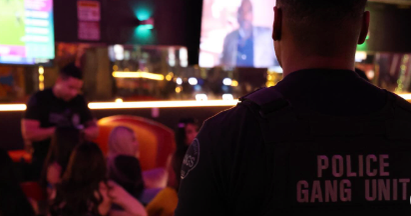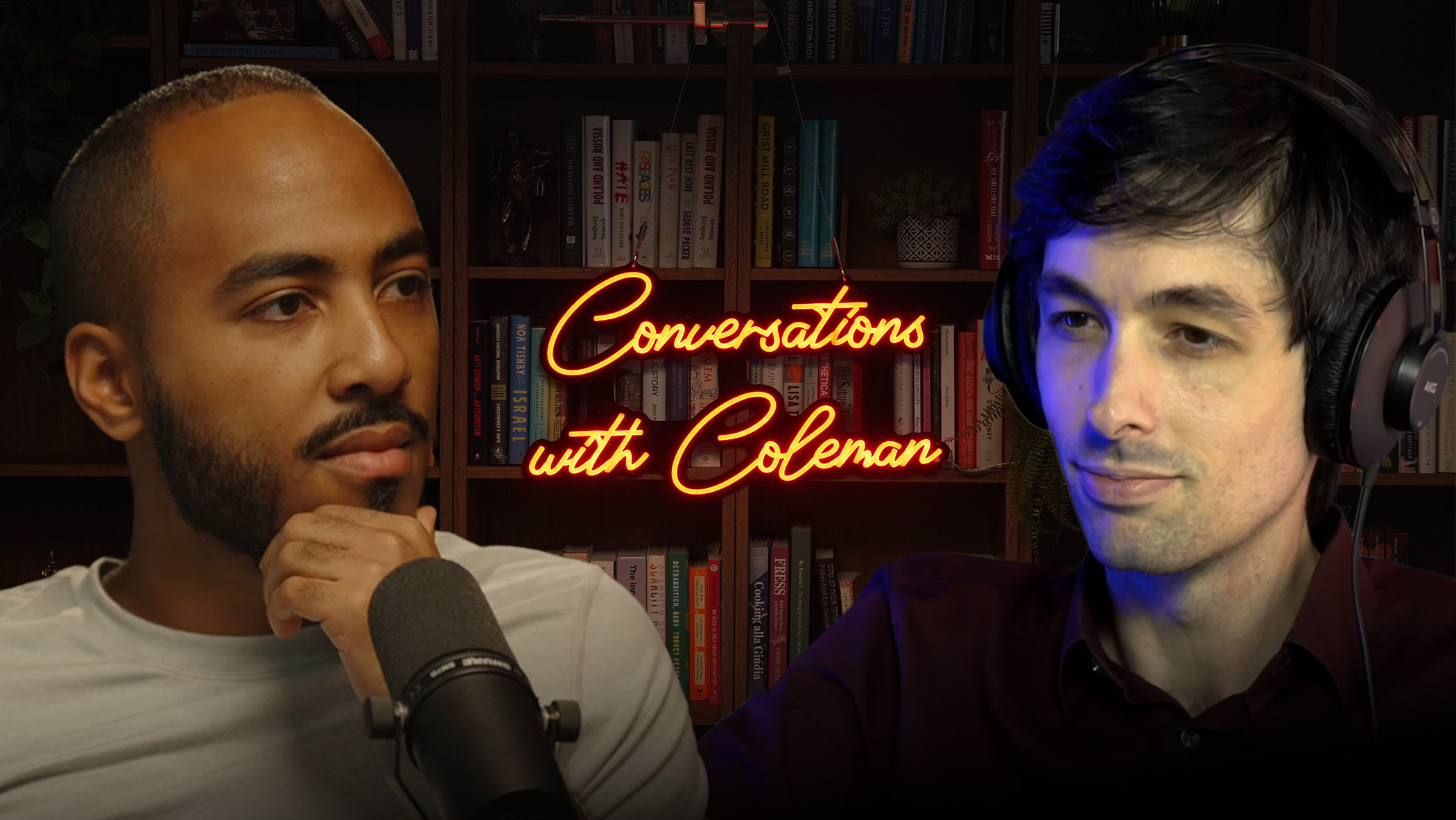Bank IT worker's heart attack prompts viral post about "spending all day on Zoom"
Jonathan Frostick, who does information technology work for financial services firm HSBC, wrote on LinkedIn that his first thought while having a heart attack was "this isn't convenient" for a meeting with his manager the next day. His second thought: "How do I secure the funding for X (work stuff)."
His wife was fourth on the list of concerns, following worries about updating his will. But since recovering in the hospital, he said he has re-evaluated his goals, outlining his overhauled goals in a post that's gone viral on the business-focused social network.
No more days packed with Zoom calls, for starters, the U.K.-based worker wrote. "I'm restructuring my approach to work," Frostick continued. "I'm really not going to be putting up with any s#%t at work ever again — life literally is too short."
Frostick's post is striking a chord at a time when the boundaries between work and home life have all but disappeared for millions of white-collar workers. With more than 203,000 likes and more than 10,000 comments on LinkedIn, people are posting their own experiences with work, health setbacks as well as sending him well-wishes.
Frostick updated his post to say that he's "up and walking."
"I never expected this post to hit home the message it did — but I'm pleased as it has seemingly helped a lot of people," he wrote early on Wednesday.
A spokesperson for HSBC said, "We all wish Jonathan a full and speedy recovery. We also recognise the importance of personal health and well-being and a good work-life balance."
The spokesperson added, "The response to this topic shows how much this is on people's minds, and we are encouraging everyone to make their health and well-being a top priority."
12-hour days
Frostick, who didn't immediately respond to a request for comment, told Bloomberg that his work days stretched to 12 hours, with him and his colleagues spending long amounts of time on Zoom. The 45-year-old, who has three children, said he took responsibility for blurring the line between work and home life.
"Whereas before I would finish sensibly anywhere between five and half six, I'd be finding myself there on a Friday at 8 o'clock at night exhausted, thinking I need to prep up something for Monday and I haven't got time, and I started then to actually work weekends," Frostick told the publication. "That's my responsibility. I think that was probably for me where it was those blurring of boundaries."
Many people have developed a love-hate relationship with Zoom during the pandemic. While it makes remote work possible, it can also lead to burnout, with Citibank CEO Jane Fraser last month designating Fridays as a Zoom-free day to battle video-call fatigue. She also urged workers to set "healthy work boundaries" and avoid scheduling calls outside business hours. "[T]he blurring of lines between home and work and the relentlessness of the pandemic workday have taken a toll on our well-being," she said in a memo to employees.
In the meantime, Frostick said in a LinkedIn update that he has an excellent manager, and added that he wasn't forced to work on weekends.
"Yes I shouldn't have, but I wasn't forced to. I am deeply passionate about what I do. I'm a (fortunate) living example of getting the mix wrong," he noted. "You are in charge of YOUR life — make changes."



